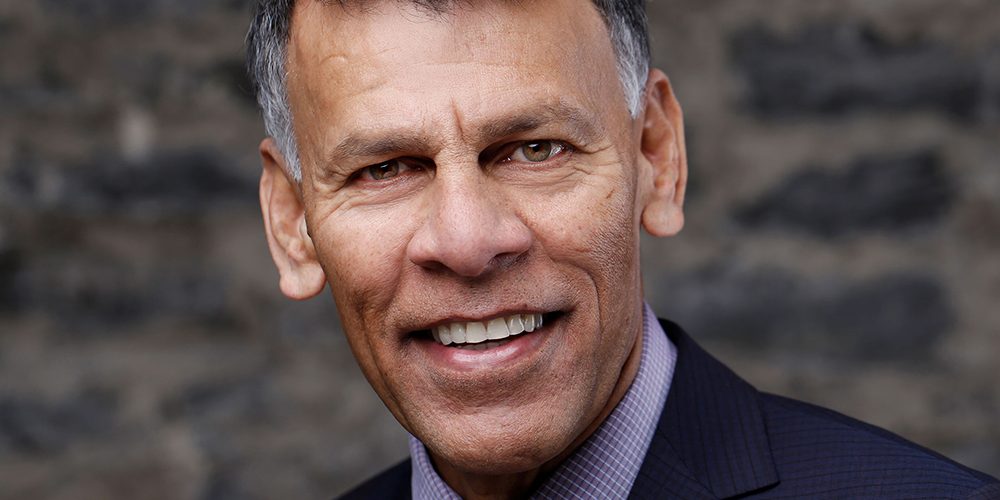Le français suivra
March 23, 2020
File: 20403-F01/T01
The Honourable Bill Morneau, P.C., M.P.
Minister of Finance
House of Commons
Ottawa, ON K1A 0A6
By email: bill.morneau@parl.gc.ca
The Honourable Marc Garneau, P.C., M.P.
Minister of Transport
House of Commons
Ottawa, ON K1A 0A6
By email: marc.garneau@parl.gc.ca
Dear Ministers:
We write to you on behalf of over 50,000 airline employees in Canada.
The novel coronavirus (COVID-19) outbreak is taking an extraordinary toll on the lives of Canadians. In addition to straining our public health system and upending social and economic life in this country, the pandemic, and sweeping government efforts to combat it, are now having a far-reaching impact on airline and airport workers. Airlines have begun implementing flight reductions and reduced work schedules; thousands of airport workers facing serious health risks at work are now beginning to lose their jobs. Like many other Canadians, workers are grappling with deep uncertainty and anxiety.
As Canada’s airline unions, our priority in this crisis is to defend the rights, income, and health and well-being of aviation workers. As an immediate priority, front-line workers such as pre-board screeners, flight crews, and passenger agents must receive the best personal protective equipment to ensure the safety of both employees and the traveling public. This is necessary to contain the spread of this most deadly virus.
To help stem the coronavirus outbreak, the federal government has imposed restrictions on flying, and rightly so. We are cognizant, however, that the government bears some responsibility for the financial consequences for airlines and their employees. In this regard, we have serious concerns regarding how any federal relief package for airlines will facilitate continued employment, maintain employee compensation and benefits, and preserve collective bargaining rights.
We want to emphasize that apart from the exceptional and temporary pressures caused by the COVID-19 outbreak, the airline industry in Canada, on the whole, is profitable, financially healthy, and poised for further expansion over the medium-term.
The circumstances facing the industry in 2020 are the opposite of those in the post-911 period, when Air Canada entered CCAA protection in the midst of the 2003 SARS outbreak. In the current crisis, the sole priority must be stabilizing workers’ incomes and maintaining workforce attachment wherever possible.
Any proposed relief package from the federal government must be developed in consultation with, and have the consent of, the bargaining agents representing airline workers. It must maintain and return employees to payroll, protect collective bargaining rights, and come with legal guarantees that financial support from government will go firstly to support workers’ wages, salaries and benefits. Employment levels must be maintained to every extent possible, and binding commitments must be made to maintain service, call-centre and other operations in Canada.
Any government support extended to the industry must flow to workers (many of whom have already received layoff notices), not to corporate coffers. To that end, any government aid must be accompanied by strict and express limitations on executive compensation (including bonuses and stock options), share buybacks and dividend payments, and debt repayment designed to increase shareholder value.
We expect that all workers will remain covered by employers’ extended health benefit plans, and that time spent on furlough and layoff will count as pensionable service for all purposes under retirement plans. We will also seek assurances that federal funding assistance will be allocated to ensuring sponsors meet their funding obligations under all defined-benefit and defined-contribution retirement plans.
The purpose of temporary and emergency government support is to allow airlines to weather the crisis and recover when normal business operations can resume. In addition to providing proper protective equipment and procedures to safeguard aviation workers given the threat of COVID-19, existing and forthcoming regulatory safeguards, including flight- and duty-time regulations, must continue as before.
While collective bargaining must be allowed to carry on, there can be no acquisitions or corporate restructuring during this exceptional period without union consent. In this respect, unions must be given full and timely information with respect to company plans. We expect that any entity empowered to make decisions with respect to federal assistance to an airline will include bargaining agents representing airline employees. Finally, we expect that the federal government will receive an equity stake in exchange for any investment it makes in an airline company.
Air transportation is an essential part of Canada’s transportation network and economy, promoting domestic and international trade, tourism, and the movement of people and cargo throughout our country and the world. Airlines and their employees will be essential to our national recovery effort, from the immediate transmission of necessary goods and services, to the industry’s longer-term contribution to economic prosperity.
To help the industry continue to play this vital role, Canada’s airline unions are ready and willing to work with the federal government on any temporary financial support to support the airline industry and its workforce.
Signatories:
Hassan Yussuff, President, Canadian Labour Congress
Mark Hancock, President, Canadian Union of Public Employees
Jerry Dias, President, Unifor
Stan Pickthall, General Vice-President, Canada, International Association of Machinists
and Aerospace Workers
Captain Tim Perry, President, Air Line Pilots Association Canada
Rob Giguere, Chief Executive Officer, Air Canada Pilots Association
lgfcope225



